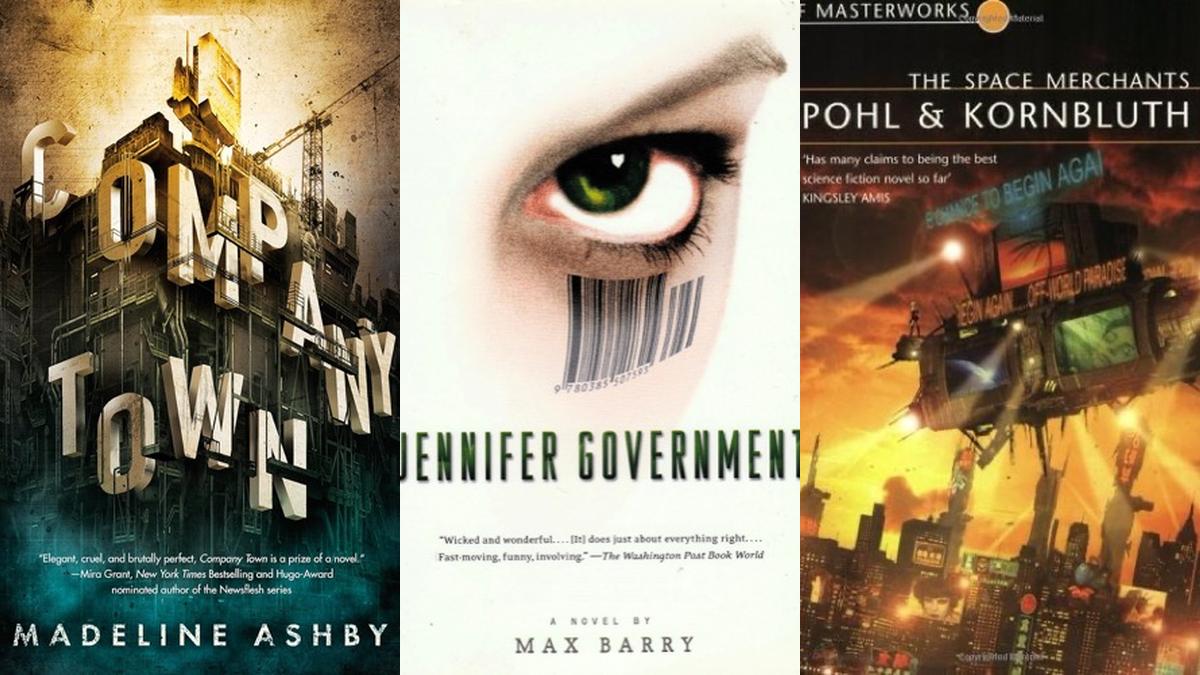
Were you hoping for a future where technological advancement causes such abundance that humans no longer need to hoard resources? And we now live in a digital Eden where all we do is walk around naked eating 3D printed fruit? Hate to burst your nudist utopia bubble, but these sci-fi authors have different predictions for the future. In these novels, the means of production are alive and unwell, claimed by conglomerates that wish the spread the nine to five grind across the stars. Think the capitalistic world is bad now? These 10 sci-fi books where corporations are the villains will show you just how un-Marxian the future could get.
The Circle
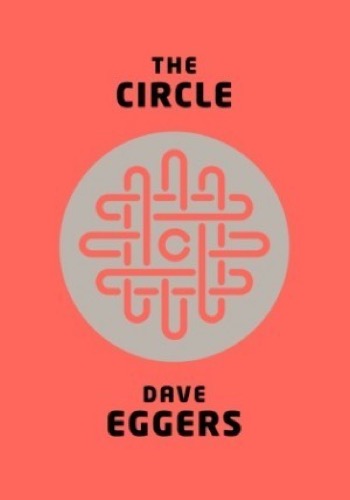
The Circle by Dave Eggers is essentially SpongeBob Squarepant’s “What Not To Do At A Stoplight” essay, except it’s “What Not To Do At Your Job Unless You’re Trying To Be A Corporate Shill.” The story is set in the not so distant future where smoothie sipping, hacky sack kicking, SoCal techbros are getting rich selling peoples’ data to the highest bidder (sound familiar?) “The Circle” is Silicon Valley’s latest social media monstrosity – part Instagram, part Bank of America, part surveillance state apparatus. Recent college grad Mae Holland has just been hired to work at the company, and she’s diving into her job with cult-like levels of enthusiasm. As complaints rise against the company and The Circle faces threats from without and within, Mae turns from doe-eyed new hire to full on corporate espionage agent, selling out co-workers and friends in service of the company’s bottom line. It’s a story of how totalitarianism rises: through the wide-eyed optimism of the woefully misinformed.
Neuromancer
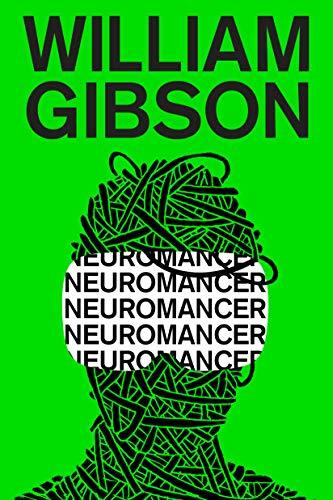
The novel that singlehandedly cemented the cyberpunk genre, William Gibson’s Neuromancer is the epitome of the “high tech, low life” brand of sci-fi that’s dominated by corporate control. Gibson’s world is ruled by zaibatsus, mega mega-corporations that employ millions upon millions of people and are capable of shouldering entire economies. Workers toil away for these companies all their lives, singing corporate hymns, living in corporate housing, and laid to rest via corporate funeral. Capitalistic nation-states, the zaibatsus are the lifeblood of the world market, and their company secrets are some of the most heavily guarded pieces of information on the planet. And a washed up hacker named Case is going to try to steal information from one of them? I’ll believe it when I see it. One does not simply hack into corporation-protected cyberspace, even when you’ve got the power of a god-like AI on your side.
Oryx and Crake

The first of Margaret Atwood’s MaddAddam Trilogy, Oryx and Crake is the story of how one corporate worker ended the world – with science! After being hired by a corporation called RejoovenEsense, a brilliant bioengineer named Crake used company money to enact his plans for world domination. Working in secret, Crake developed a species of herbivorous post-humans that he names “Crakers,” hoping to someday replace humanity with his biological creations in an effort to play God. After implanting a supervirus into a Viagara-style sex pill and selling it the world, Crake sees his devious dream come to fruition – no pun intended. This is the way the world ends, not with a bang, but with… well, the promise of a good bang, but the exact opposite result.
Jennifer Government
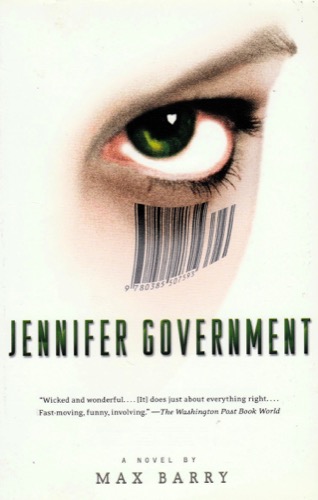
Jennifer Government by Max Barry is a libertarian’s wet dream, the story of a free market state totally unshackled from regulations, oversight, and common decency. Set in a near future United States, the nation has abolished taxes and privatized the government. Left to grow like weeds in an untended social garden, corporations like Nike and McDonalds become the ruling powers, so influential that employees now take their company’s name as a surname (i.e. “John Nike”). The plot revolves around Jennifer Government, an employee of the now privatized American government tasked with solving a string of child murders that have a suspiciously corporate motive. A biting social satire like Idiocracy, this novel is a hilarious and depressing glimpse into a capitalistic future that, if nothing changes in the present, may soon be on the horizon.
The Windup Girl

The Windup Girl by Paolo Bacigalupi takes place in a world where the fossil fuel energy crisis has been solved. Hooray! But it’s been replaced with an entirely new energy crisis based around food. Not hooray! This grimdark world of tomorrow is controlled by “calorie companies,” massive conglomerates that create genetically modified seeds and designer pestilences to weed out the competition. In a world economy that uses foodstuff as fuel, Thailand one of the last countries on earth not the fall victim to corporate control. The calorie companies are trying to change that, and have dispatched corporate agents to sabotage the country from the inside. Things go awry for one of these agents when he crosses paths with a genetically engineered human created for the gratification of the elites – one who refuses to adhere to calorie company policy anymore.
Company Town
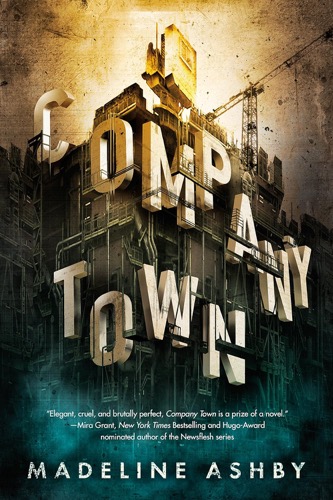
Company Town by Madeline Ashby is a history lesson set in the far future. Of the many grim occurrences in world history, one of the grimmest was the rise of the “company town” – a town controlled by a single corporation that housed and provided for its employees, essentially createding a micro-monopoly and itty-bitty surveillance state. While the practice has since fallen out of fashion in many nations, Ashby’s novel paints a portrait of near-future corporate resurgence, centered around a woman named Hwa who lives on an oil rig off the European coast. One of the last people in her community free from bio-engineered body modifications, Hwa’s tenuous place in company society has been rocked by a recent string of murders. Are they the result of a lone wolf killer? Or is there a bloody web of corporate intrigue being weaved? Like any self-respecting amateur detective in a Neo-noire story, Hwa will have to find out the answer herself – or die trying.
The Space Between Worlds
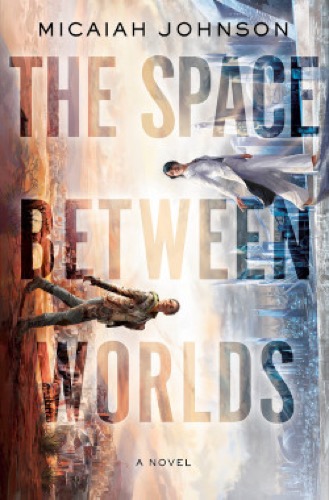
The Space Between Worlds by Micaiah Johnson is set in an age where travel across the multiverse now possible, provided that your alternate self is dead in the parallel world you want to visit. Corporations have managed to profit off of this metaphysical quirk, employing people whose alternate selves have had fatally bad luck. Cara has a cushy corporate job collecting data from parallel worlds, uniquely qualified because most of her parallel selves have bitten the dust already. After one of her few remaining doppelgängers ends up dying in a mysterious way, Cara begins to suspect foul play. Could it be the corporations are killing people to better their margins and prevent company secrets from getting out? Nooooo, what gave you that idea? That kind of plot in a book list like this? Never.
Snow Crash
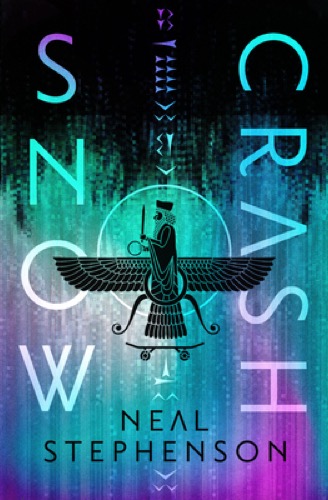
Snow Crash by Neal Stephenson is set in world that has been carved up by “Franchise-Organized Quasi-National Entities” – corporate city states that have replaced traditional forms of government. The novel’s protagonist Hiro Protagonist (yes, that’s his name) is a pizza delivery guy for the corporatized American Mafia, who moonlights as a hacker on the side. While mucking about in the Metaverse, Hiro stumbles across a man peddling a “digital narcotic” called Snow Crash – which in reality is a dangerous virus capable of controlling those affected by it. While I won’t spoil the specific origin of the virus, I can say that it is an inevitable symptom of the corporate disease that affects the world – a disease that Hiro Protagonist may not be able to cure, but can least diagnose and better learn to live with.
The Space Merchants
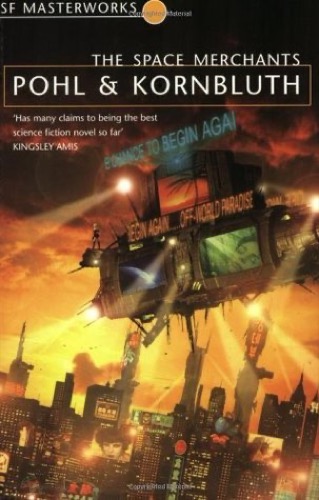
The Space Merchants by Frederik Pohl and C.M. Kornbluth turns the “evil corporation” trope on its ear, telling a story where the heroes are the corporate villains! A clever social satire, the novel revolves around a star corporate copywriter named Mitch Courtenay, who is tasked with convincing the people of an overpopulated Earth to volunteer to travel to newly-colonized Venus. Venus, of course, is an unlivable dumpster fire of a planet – but they don’t have to know that! A parable about the persuasive power of advertising, this novel lays bare the ways that corporations convince us to spend money against our own best interests.
The Terraformers
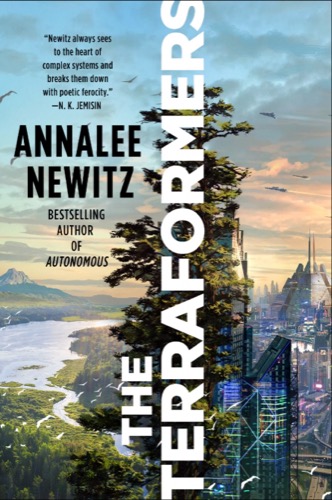
The Terraformers by Annalee Newitz is essentially the Hundred Years War if it was set on a distant planet and fought between corporate agents and talking animals. Seriously. An interstellar real estate company is buying up chunks of the newly terraformed Sask-E, but the planets’ inhabitants claim that the land isn’t for sale. In order to combat the capitalistic menace, resistance cells have popped up across the planet – waging guerrilla war against their would-be corporate overlords over decades. A charmingly whacky work of soft sci-fi, The Terraformers central rebellion is fought by a hodgepodge army of post-humans, robots, and uplifted animals. Flying moose, cyborg cows, android armies, muck-slinging cat journalists – each has a part to play in the war for planetary liberation from corporate rule. Delightful.
Have a tip we should know? [email protected]







